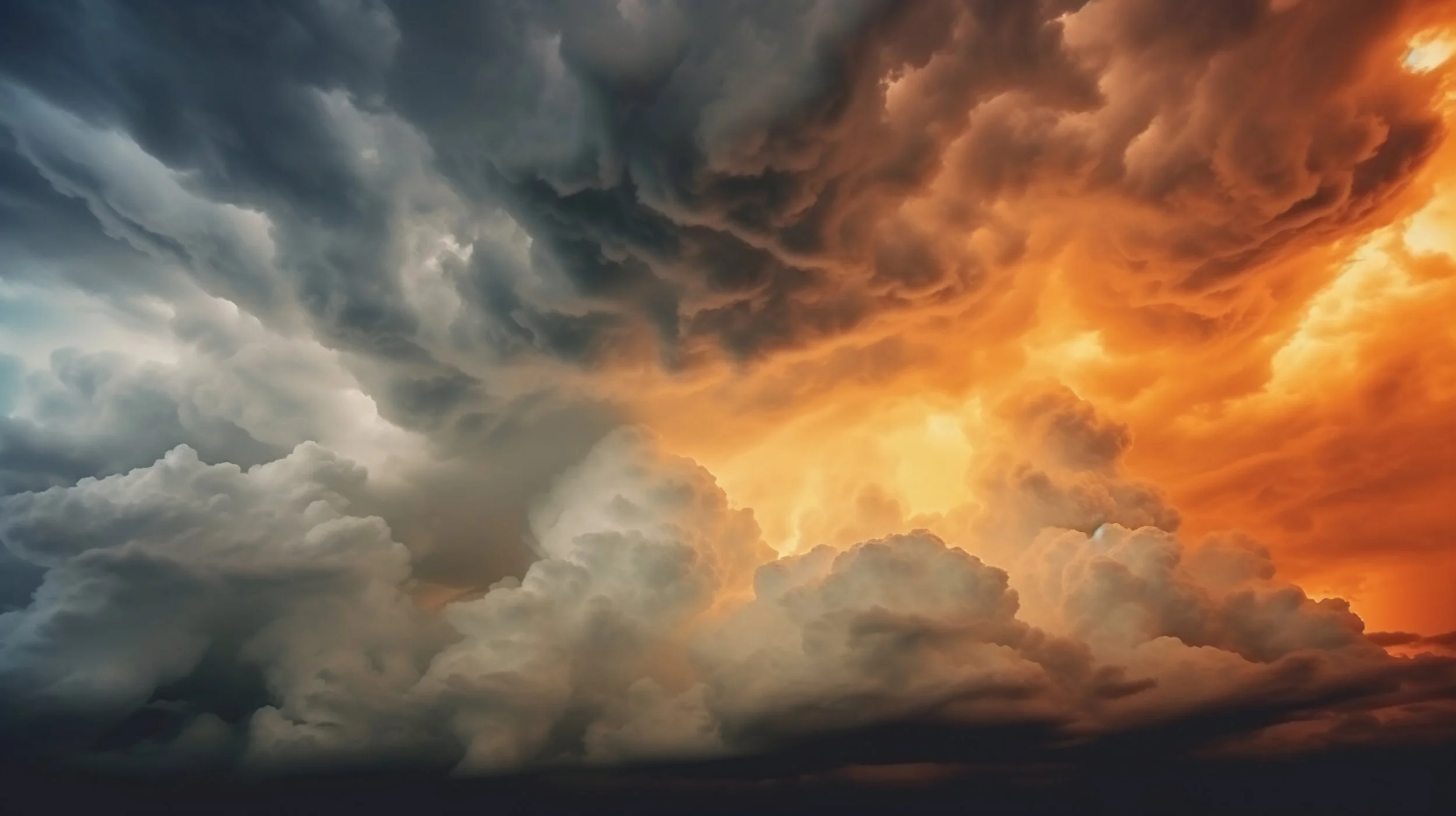BOOKS
In Light of Stars
In his new book, In Light of Stars, Bruce Willard manages to be spare and expansive at once. This remarkable achievement comes partly from the sense of loss that hovers over the book, but also from the care and restraint of its language, often parceled out in quietly emphatic short lines that enact the way Willard listens closely to the world before speaking himself. You can feel the poems, in the act of reading them, expand in scope and mystery, opening out into the white space around them as though into the “bold, kind polar night,” so that the book as a whole “returns us to a place we need to know.”
—Jeffrey Harrison
In Light of Stars presents a poetry that engages the larger questions of our place on earth, a poetry that lifts us beyond personal loss to moments cherished and made brilliant by close attention to and appreciation of the natural world. Bruce Willard’s lyric voice, craft, and imagination are authentic and inspired. When he asks, “How do you decide/to do anything one last time” I am compelled to think of us all standing here, looking up for the time we have. . . .
- Christopher Buckley
There’s a fine sensibility at work in these poems, irreverent and American. I admire their clear language, their fine wit and feeling for the male self coming to terms with the world. I like the way they float back and forth between tenderness and irony.
- Joseph Millar
Hovering inside of this book is the paradox of solitude: we yearn for it, we are pained by it. And when someone we love dies, these beautiful poems attest, nothing is ever perfectly quiet again. In Light of Stars is as earthward as it is skyward, and Bruce Willard’s imagination is at once corporeal and hauntingly spiritual. You can hear the living and the dead breathe in this book, which is to say: it gives me hope.
-Katie Ford
Violent Blues
In an affecting collection following his debut, Holding Ground, Willard recalls his responsibility for a terrible accident by saying that it “draws me like a blues harp/ soaked in whisky from which the bent yawl of reeds/ becomes the song I have to play.” Like any good bluesman, he plays that song without self-pity, portraying a lost moment in town at night, the “implicated guilt” inspired by his son’s teacher, the seasons running together as he “fail[s] progressively,” and the effort “to try to understand/ what makes things work”—his confusion eventually surmounted by love. VERDICT Perfectly tuned language and rhythm; many readers will identify with Willard’s quietly troubled thoughts and small-town settings.
-Library Journal Review
Willard plays the notes in-between — the awakenings, loves and losses, the slippages between two blurred bodies of life, of sending and receiving — that is, the “un-understandable,” perhaps like Thelonius Monk’s fractured piano, the one that flames in the center of being, meaning and enlightenment. This is also a mouth-held blues harp of words, ultimately not made of words, it is more an “alluring paleness,” a riff of life-death’s “impossible finishes,” a streaked-night asphalt, a“warble” of “uncrossable landscapes.” I am struck by the sincerity of the voice here, the relentless set of mind-heart puzzles, the tender, wisdom-lit aloneness in this collection. Each poem, in a way, is a deep breath koan that musics-in-out from sea depths, dream echoes - the “pressure” of existence and non-being - yet all is alive as Cherimoya, Jacaranda and Jasmine.
This is a rare gift, a magnificent wave of poems that will move with you forever.
-Juan Felipe Herrera
Most readers will admire those poems in Bruce Willard’s Violent Blues whose vanishing points lead back to the unabated joy of self-reflection and the endlessly beautiful sound of modern life suddenly cast in light. Yet, these blue notes are singular and honor the earned truths of marriage and fathering, and name one’s errors with a poignant dignity. To which I say, snap your fingers, close your eyes, and nod along to its exquisite and pitch perfect lyric moods.
-Major Jackson
I read Violent Blues with great pleasure. Then I read it again with even more. Its poems are vivid and surprising. A trampoline can become a metaphor for the rhythm of our lives. Bruce Willard is a poet who—like Wallace Stevens—also happens to be a businessman. His poems have a fine haptic quality—made of things real and things imagined to make them even more real. They find their way in the course of their unfolding and make their own fine music as they go.
-Dan Gerber
Holding Ground
REVIEW BY
G. MURRAY THOMAS
In Holding Ground the poet touches the world and senses nuances in the terrain of what lives in the heart and in the mind. In a simple eloquence, Willard’s poems articulate ordinary and difficult moments to strike the genuine pitch of what it means to be fully alive. The poet celebrates our possibilities even as he knows our lives are filled with all the spirit’s dangers. The poems are clear and evocative, an elegant accomplishment.”
-Afaa Michael Weaver
“Bruce Willard writes with balanced—and earned—accuracy from the heart of his experience. The natural world is not, for him, an image ‘kitty,’ but a powerful real presence that through its resistances, as well as its vexing beauty, marks out the reach of inwardness. The poems are clear windows on the defining scenes of that inwardness: love, separation, family, and coming to terms with pain and joy.”
-Sven Birkerts







